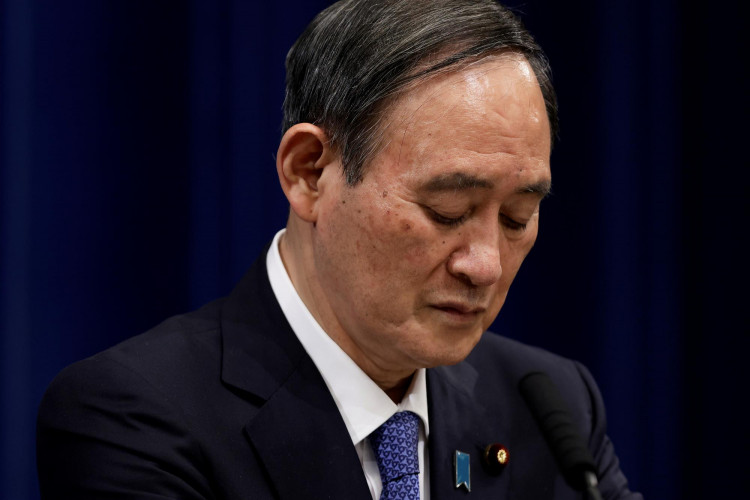A South Korean court -- for the first time -- ordered Japan to pay 12 South Korean women who were forced to work as sex slaves for Japanese soldiers in World War II, a historic decision that is expected to reawaken enmity between the two countries.
The Seoul Central District Court ordered the Japanese government to financially compensate $91,300 (100 million won) each to the families of the 12 "comfort women" during Japan's colonization of Korea.
Japan immediately opposed the ruling, asserting that all wartime reparation issues were resolved under a 1965 treaty that renewed their diplomatic relations. The South Korean court called Japan's atrocity -- forcing the women to work in wartime brothels -- as a "crime against humanity."
Amnesty International said it was the first time a local court had acknowledged that Japan's government was responsible for the wartime sex den.
Japanese Prime Minister Yoshihide Suga said his country couldn't accept South Korea's court decision and said the charges should be dropped.
"Evidence, relevant materials and testimonies show that the victims suffered from extreme, unimaginable mental and physical pain as a result of the illegal acts by the accused. But no compensation has been made for their suffering," the court stated in its ruling as quoted by Al Jazeera News.
According to some historians, around 200,000 women - most of them Koreans, but also Chinese, Southeast Asians, and a small number of Europeans and Japanese - were tricked or coerced into working in military brothels between 1932 and Japan's defeat in 1945.
Court records show the women were victims of "harsh sexual activities" by Japanese troops who inflicted on them physical injuries, venereal diseases, unwanted pregnancies and left "big mental scars" in victims' lives.
Japan's Cabinet Secretary Director Katsunobu Kato on Friday disclosed the government would not make any appeal to the decision as doing so would put the nation under the jurisdiction of South Korea.
South Korea's foreign ministry said it abides by the court decision, although it recognizes that the 2015 agreement was formal.
The country said it would initiate moves to guarantee the two nations will continue a constructive partnership as it evaluates the effect of the decision on diplomatic ties, the ministry said.
Only 16 registered Korean survivors are still alive, and six of the 12 women have already died since they filed the charges in 2016.
Kim Kang-won, the victims' legal counsel, said he was "deeply moved" as the court decision acknowledged the Japanese government was liable for the cruelty.






